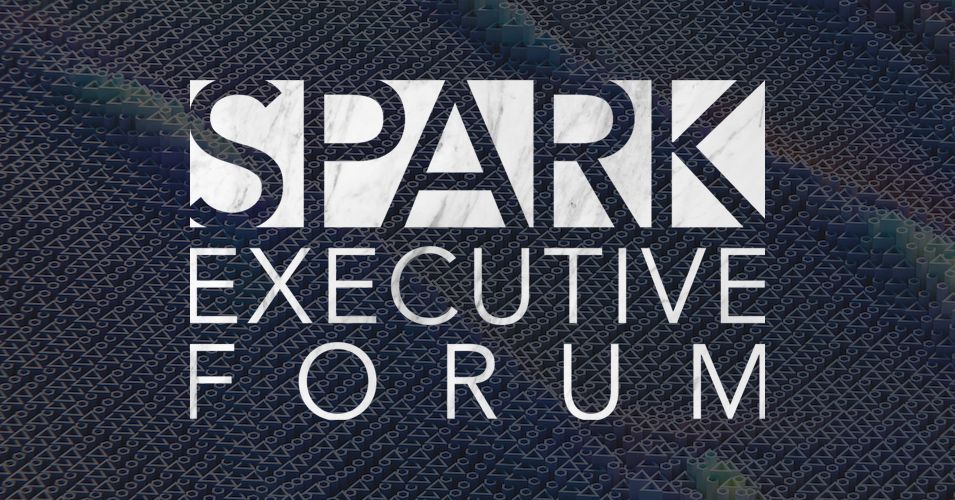The AI Enigma
Cathy White, Head of AI and Automation
In most companies, few topics can stoke a debate quite like artificial intelligence. From the promise of transformation to the fear of losing a job, it evokes a wide array of intellectual, emotional, moral, and technical responses. AI capabilities are maturing rapidly, and in certain markets they are firmly embedded in everyday products and services. Just ask Siri or Alexa. This “market-facing” application of AI, however, is only one side of the story, and half the potential.
For business and technology leaders, leveraging AI to streamline, modernize and secure their own infrastructure remains an uphill battle. From culture and politics to tech debt and investment strategy, AI has yet to overcome many of the obstacles that disruptive technologies face in complex organizations. The time is now for executives to explore the dynamics of AI with a fresh set of eyes, understand what fuels success and failure, and rethink what a successful AI strategy looks like in their own organization. This article is the first in a series that will explore these topics in depth.
The biggest debate of all: What is AI?
The Oxford Dictionary defines AI as ‘The capacity of computers or other machines to exhibit or simulate intelligent behavior’. If we look at the study of the brain and behavioral science in combination with computer science, AI presents a path to engineer human intelligent behavior in previously inanimate machines. That’s certainly a powerful value proposition, but not all things labeled “AI” may qualify. In fact, there’s little agreement about the lines of demarcation between simple automation and more advanced functionality.
The same marketing machines that have created a sea of acronyms in networking, software, and other categories have been hard at work diluting the automation and AI landscape for years. Definitions of AI can be slippery, expansive, and ultimately unwieldy for a meaningful discussion, but a starting point and touchstone is necessary. In the end, labels aren’t important – but having a clear understanding of how your organization will differentiate automation opportunities will make a significant difference in outcomes.
When helping clients to better understand the landscape, I typically start with three basic categories to define and segment the AI journey. They include:
Simple automation (often “robotic process automation”) is a tested, valuable practice in many organizations around the world. The value proposition can be efficiently applied to discreet processes or challenges, the required infrastructure is not cumbersome, and there are mature business and commercial models generally available across the spectrum of business from SMB to enterprise.
When we start to move up the food chain to “systems that think” such as machine learning and advanced analytics, the equation gets more complex. Ironically, it’s the intersection of business purpose, measured outcomes, and the ability to govern that drives complexity - not the technical components or infrastructure. Machine learning is a great example of something often cast as AI but isn’t.
Machine learning is NOT AI, but it is a requirement for AI to do more than automate a single-thread function and change it on its own. In fact, machine learning alone cannot mimic human intelligence without constant input and framing from a human (including checks and balances). In the same way that a child needs constant input to learn its name, AI needs training so it can evolve over time.
When organizations embrace what I consider true AI applications such as autonomous systems and cognitive computing, the stakes and the complexity expand exponentially. These applications are making independent decisions for your business, employees, and your customers. In applications like transportation and healthcare, a bad outcome can even mean the difference between life and death. This gravity is what often makes true AI an inflection point for business and technology leaders. It’s the point at which the equation needs to consider more than a business case or technical infrastructure. It becomes an equation including the entire ecosystem of purpose, value creation, ethics, safety and more.
Key Recommendations
The definition of AI may be elusive, but there are some basic tenets all organizations and leaders should consider as they pursue defining their own automation and AI initiatives:
Set a clear definition: We have all seen the “executive eye-roll” when it comes to expectations of nearly-human, genius level AI technology. The pitch starts with fireworks, and then begins the downhill run to a revamped fizzling sparkler. Define AI on your terms - know what you have, transparently define the need, and know how to explain the journey to a non-expert. Buy-in and support begins with everyone understanding what AI can and should bring to your business space, and what it means to them.
Small bites first: Don’t create unreasonable expectations for AI outcomes in your organization. The wrong pitch sets bad expectations and the perception of failure, while the right story and value proposition can set the stage for a rightful home run. Marketing failures kill innovation faster than a new Microsoft product needs a patch.
Resources and talent: AI is a concept, a science and a game-changer. If you want to do it right you need to invest in the resources and expertise that up your chances of success.
No FUD zone: Thanks to the HAL 9000, Skynet and the Terminator, AI can inspire a spectrum of fear from losing employment to eliminating humans from Earth. The truth is, we just aren’t that advanced yet. Most companies place far too much value on human oversight to allow AI to travel that far that fast, but leaders will need to provide genuine and transparent communications regarding AI initiatives. No matter how grand your vision is for AI, it won’t be successful without addressing both basic human nature and the details.
Stay Tuned for More
This article is the first in a series that will include:
- AI Standards – A look into the standards and governance for AI differentiation and innovation
- Ethics – Can AI outthink humans? Can AI cause harm? What constraints should be put in place? What are the ramifications for the economy?
- Implementation realities – What are the foundational elements required, and what do I need for true AI?
- Skill Sets and Talent – What balance of resources do I need in building and maintaining AI? Data scientists? Infrastructure? Developers? Others?
- The Cost of AI – What does the business case for AI look like?
About Cathy White
Catherine White is the Head of AI and Automation at Yates Ltd. She brings 25 years of success as a Fortune 500 leader creating and capturing opportunities for global competitive advantage, business growth and efficiencies through innovative IT strategy, operations, restructuring and transformation initiatives. She has deep technical experience in planning and implementing hybrid cloud, machine learning and AI, automation engineering, Dev Ops planning and Agile processes.
Prior to Yates, Catherine was a Vice President at Johnson & Johnson responsible for all technology infrastructure globally as well as architecture and platform engineering. She initially joined J&J in early 2018 to run technical operations and hybrid cloud. Prior to J&J she was at J.P. Morgan Chase leading IaaS automation and directing several infrastructure functions (AIX Power Series, Monitoring and Linux Engineering). She later took responsibility for enterprise portfolio management in consumer and community banking, along with architecture governance and total cost of ownership optimization. Following her portfolio management role Cathy was Executive Director of Digital Technologies, responsible for driving automation, AI and machine learning into digital marketing and customer experience platforms.
Catherine holds a Master of Science in Technology Management from Stevens Institute of Technology.
















